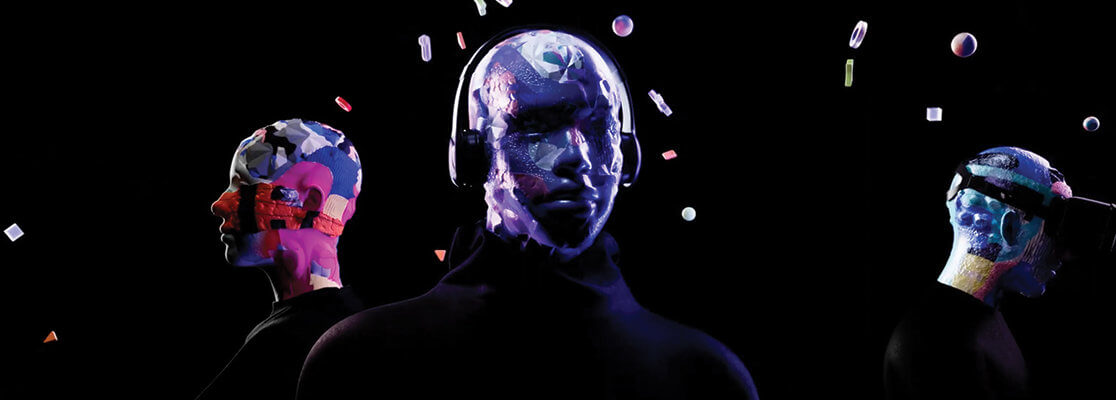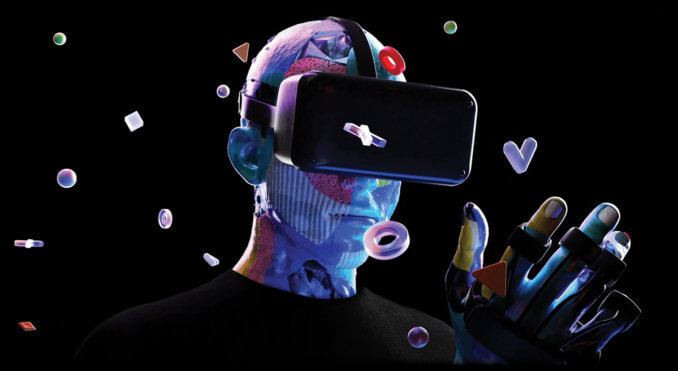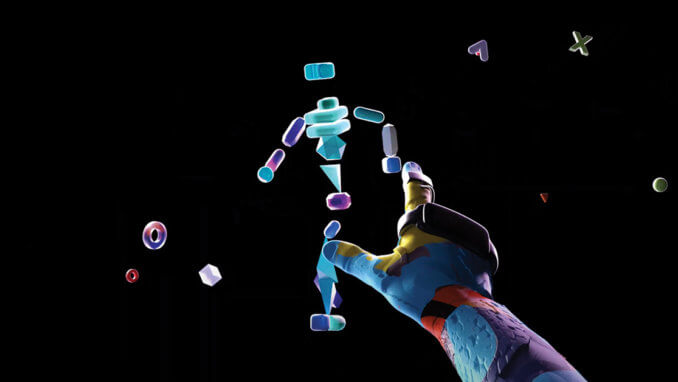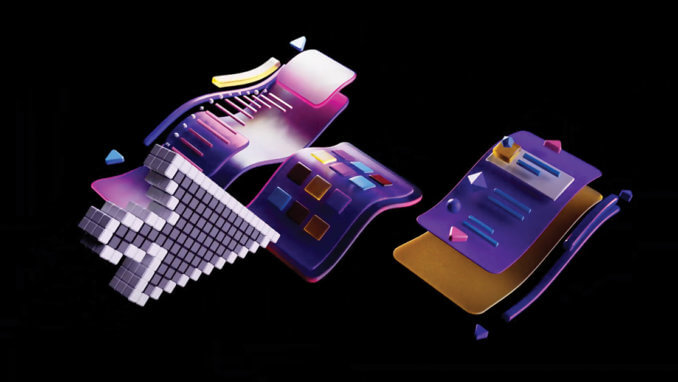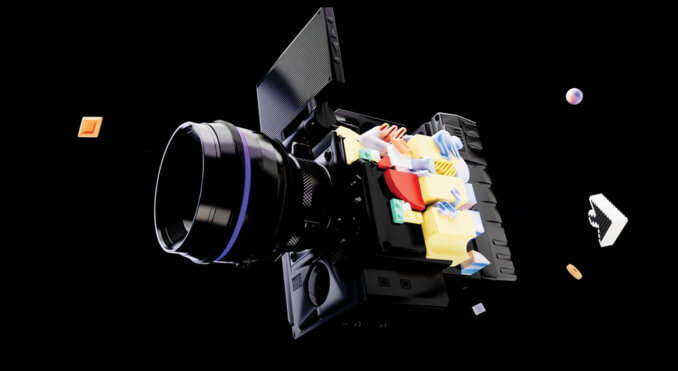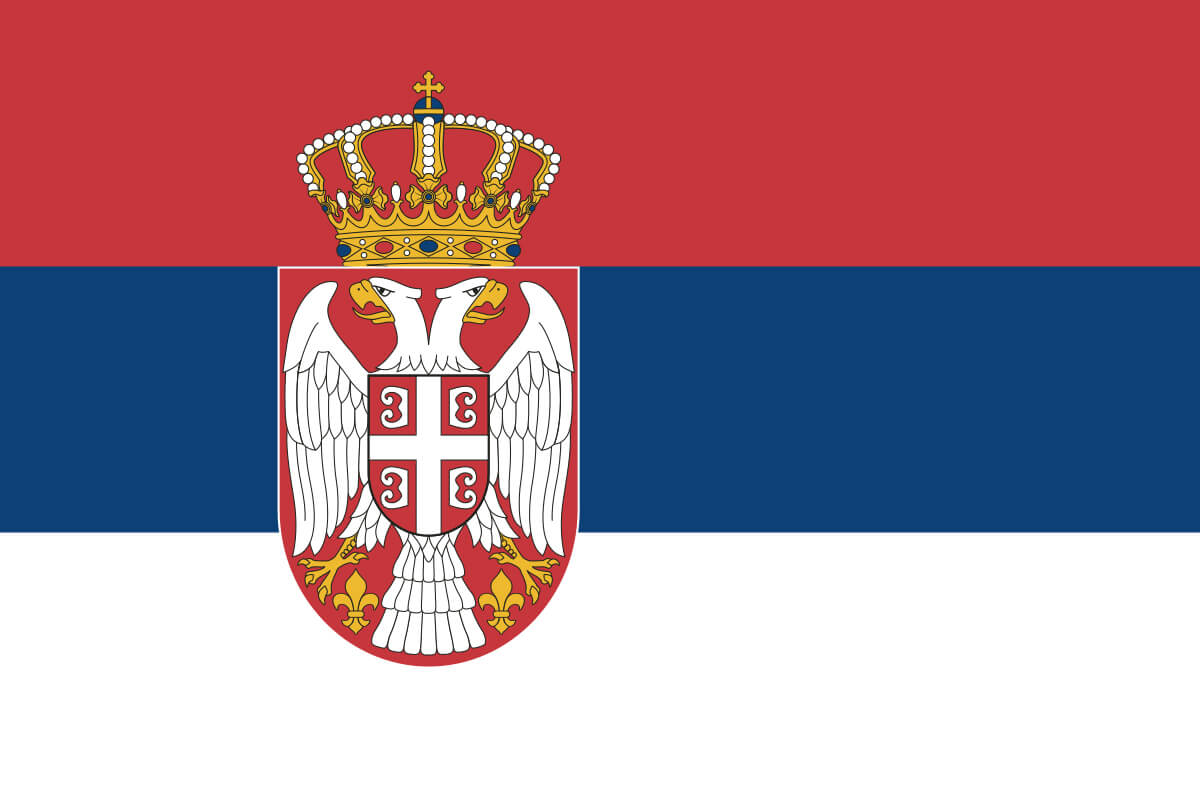Bachelor of Computer Science
START YOUR CAREER AHEAD OF THE GAME
-
Plan A – Yearly Payment – AED 60,300
-
Plan B – Trimester Payment – AED 21,930
-
Plan C – Monthly Payment – AED 7,790 (9 Payments Per Year)
-
Plan C+ – Monthly Payment – AED 6,022.50 (12 Payments Per Year)
*All fees mentioned above are exclusive of 5% VAT
-
Plan A – Yearly Payment – AED 60,300
-
Plan B – Trimester Payment – AED 21,930
-
Plan C – Monthly Payment – AED 7,790 (9 Payments Per Year)
-
Plan C+ – Monthly Payment – AED 6,022.50 (12 Payments Per Year)
*All fees mentioned above are exclusive of 5% VAT
Complete the program across 3 years (8 trimesters)
Complete the program across 3 years (8 trimesters)
Real-World Coding. Real-World Results
Course Structure
The Bachelor of Computer Science is broken up into three distinct stages, each designed to develop different skills. This course allows you to choose from a pool of electives throughout your studies and will see you develop a specialisation in one of four areas: Games Programming, Software Development, Cyber Security or Web Development.This unit serves as your launchpad into the world of creating software applications. You'll unveil the secrets behind the technology you use every day and gain the fundamental skills to build your own programs. We will delve into the core concepts of procedural programming, where you will learn how to break down problems into step-by-step instructions that computers can understand. This foundation will then be expanded upon as we explore the power of object-oriented programming (OOP), a more structured and efficient approach to building complex software. The unit adopts a hands-on learning approach, where you will actively apply your knowledge through engaging projects.
This unit focuses on the fundamental knowledge and skills required by all IT professionals. You will explore basic IT concepts and terminology as well as the hardware and software elements that form the basis of systems from personal computing through to enterprise level. You will also explore how software is developed and used, and the collection, storage and use of data. All these topics will be viewed through a cyber security lens and the unit will conclude by considering the field of cyber security as a holistic discipline.
This unit provides an engaging and practical introduction to the fundamentals of software development,
focusing on the concepts, methodologies, and processes involved. Students will learn about the software
development lifecycle, various development methodologies, version control systems, teamwork, project
management, and the importance of documentation. The unit is highly interactive, featuring a mix of case
studies, group activities, and hands-on projects that simulate real-world software development scenarios.
This subject serves as your gateway to understanding how humans and computers interact effectively. Here, you will explore the fundamental principles of HCI that underpin all user interfaces, from the ones on your phone to complex software applications. We will delve into various interaction methods, including traditional desktop interfaces, mobile technologies, and even emerging concepts like tangible objects and ambient displays.
This unit introduces you to the fundamental principles of data analysis including foundational mathematical skills and effective data visualization techniques. You'll gain foundational knowledge of statistics and probability for data analysis, along with hands-on experience using industry-standard techniques and software for data visualization, statistical analysis, and interactive dashboard creation. Through practical exercises and case studies, you will explore real-world datasets, learning to apply quantitative methods to solve analytical problems along with developing an awareness of potential biases, errors, and ethical considerations in data interpretation.
This unit explores scripting and automation techniques, and their application in areas such as system administration and data extraction. You will learn to use scripting for automating tasks, managing system operations, and extracting data from the web. The unit also introduces the Internet of Things (IoT) and programming on microcontrollers. You will gain hands-on experience with sensors, actuators, IoT networking and communication, and basic security practices. The practical focus of this unit prepares you to design, implement, and manage automated and IoT systems effectively.
This unit will introduce you to the mindset and skillset of the creative entrepreneur, and transform your approach to problem-solving. You will analyse historical and contemporary models of leadership and best practice in entrepreneurship, and use tools for project design that include ideation, problem framing, and pitching. The skills in this unit will assist you in developing your creative thinking, exploration, and experimentation methods, allowing you to experiment with project design and content for creative media.
This unit will introduce you to foundational knowledge and skills for web development which will be useful throughout your studies and career in computer science. You will learn foundational concepts, principles and skill in web development. We will delve into the core concepts of the Document Object Model (DOM), Hyper Text Markup Language (HTML) and its companion Cascading Style Sheets (CSS), and an industry-standard programming language for websites: Javascript. Explore concepts of web design theories and practices including web servers, web databases, web domains, Content Management Systems, web design, web layout, responsive web design, functionality and usability.
In this unit, you will collaborate on interdisciplinary projects that blend creativity and technology across fields such as film, audio, music, gaming, design, and computer science. Through project-based learning, you'll explore how different disciplines contribute to innovative outcomes—like immersive installations or interactive experiences. The unit focuses on strengthening communication, problem-solving, and teamwork across creative and technical areas. You'll be challenged to apply your existing skills while embracing new perspectives and ways of working, developing a holistic understanding of contemporary media production and preparing you to deliver complex, boundary-pushing creative solutions.
This unit equips you with the foundational knowledge and practical skills to navigate the intricate world of data structures and algorithms. You will explore fundamental structures like arrays, linked lists, stacks, and queues, along with their strengths, weaknesses, and real-world applications. Delve into advanced structures such as trees and graphs, used to represent hierarchical relationships and network connections, and explore essential algorithms for sorting (e.g. selection sort, merge sort), searching (e.g. linear search, binary search), and graph traversal.
This course introduces students to the dynamic field of cloud computing. Through a blend of theoretical understanding and hands-on practice, students will grasp the basics of cloud computing, including virtualisation, service models (IaaS, PaaS, SaaS), and the principles driving cloud adoption. Using platforms like AWS, Azure, or Google Cloud, students will learn to provision virtual machines, configure networking, and manage storage. They’ll delve into cloud security, covering identity management, encryption, and compliance. Additionally, leveraging microservices, containers (e.g., Docker, Kubernetes), and serverless computing (e.g., AWS Lambda), students will design and implement scalable, resilient, and cost-effective cloud-native solutions.
Artificial Intelligence (AI) and Machine Learning (ML) are transforming the global digital landscape. From healthcare to finance to creative industries, AI and ML are the engines of innovation. In this unit, you will explore core algorithms, tools, and ethical frameworks surrounding intelligent systems.
Through a combination of theoretical exploration and practical application, you will engage with current literature, exploring relevant research articles, papers, and case studies in the field. By critically analysing existing work, you will develop a solid understanding of the current state of computing technology enabling you to contextualise your investigations within broader societal, ethical, and environmental contexts. Ethical behaviour is paramount in technology development and you will explore ethical frameworks, professional codes of conduct, and legal responsibilities to be equipped to make informed decisions that align with societal values.
Commercial Production Studio walks you through the very early stages of an independent production
process, from finding a viable market, to pitching a concept or idea to a potential investing audience. This,
in turn, forms one of the most common entry points into the industry, aside from gaining employment
directly into an entry-level studio position.
The unit addresses the skills needed to research a market, create a concept to address needs and
wants, and convey that concept to an external stakeholder. This skill set is essential in all aspects of
games and technology. Regardless of whether this process translates directly into industry practice, or
forms a foundation of further skill development, everything within this unit is a bedrock of professional
development. The necessary process of moving from concept to pre-production in an interdisciplinary
environment reflects industry standard practice. Working within a group, to manage multiple concurrent
pipelines requires the understanding and execution of expected industry project management skills - both
collectively and individually.
This unit will provide the opportunity to learn theoretical and practical aspects to project management and leadership. Throughout this unit, you will work collaboratively to define, create and evaluate a project. Your lecturer will play the role of mentor and supervisor to help guide you and your team to navigate your project. This unit will provide you with opportunities to work with your colleagues so that you can contribute to a capstone project for your degree.
Future jobs will require workers to learn on the job; focus on relationships with people; have strong communication skills; use a range of transferable skills. Research consistently points to the benefits of students being prepared with documents that are required for job applications, such as a Resume, Cover Letter, and E-portfolio.
In addition, the value of a Work Placement which provides you with professional experience and an opportunity to use skills and knowledge gained from study to complement this.
The Work Placement for SAE Bachelor students requires a minimum of 80 hours at one or more host organisation. Both the student and the host are required to complete an SAE Agreement which formalises the placement.
This unit will explore AI literature, tools and techniques in order to understand aspects of the use of AI, research into AI, ethical considerations, social impacts and the theories of creating and manipulating AI tools. The unit adopts a hands-on learning approach, where you will actively apply your knowledge through engaging projects and discussions.
WHAT TO EXPECT WHEN STUDYING A BACHELOR OF COMPUTER SCIENCE WITH SAE
SAE is where you’ll transform from being someone with a knack for systems and a love of problem solving into a tech whiz with the expertise and enhanced confidence to score your dream role. Master your craft in programming, cybersecurity, web development, cloud computing, and AI with our dynamic Bachelor of Computer Science.
Like all SAE computer science courses, our bachelor’s degree allows you to learn in small classes with one-on-one mentoring opportunities not often found in larger universities. Guided by our industry experts, you’ll learn to apply theoretical knowledge and current best practices while utilising cutting-edge virtual machines.
Develop in-demand skills in programming languages such as Python and C++, as well as software and tools like Git, Unity and Maya. In addition to your core units, you’ll choose from a pool of electives to develop a specialisation in one of four areas: Games Programming, Software Development, Cyber Security or Web Development.
As your technical skills develop and you work on more dynamic projects, you’ll have the chance to apply your expertise to cross-discipline work in VFX, Film, Games and Animation. Not only will this enhance your skill set, but it’ll also help you build a professional portfolio of work fit to impress prospective employers.
You’ll also complete Work Integrated Learning (student placement) opportunities as part of your computer science degree, where you’ll put your technical skills into practice and build your professional network. We’ll also equip you with critical employability skills, including strategies for problem-solving, communication, and self-promotion.
Begin your journey at SAE University College Dubai – study computer science today!
CAREER OUTCOMES
WHERE OUR BACHELOR OF COMPUTER SCIENCE COULD TAKE YOU:
GAMES PROGRAMMING SPECIALISATION
- Games Programmer
- Games Engine Programmer
- Mobile Game Developer
- AI Programmer
SOFTWARE ENGINEERING SPECIALISATION
- Software Engineer
- Mobile App Developer
- Systems Engineer
- Security Engineer
CYBER SECURITY SPECIALISATION
- Security Architect
- Incident Responder
- Digital Forensics Investigator
- Cyber Threat Intelligence Analyst
WEB DEVELOPMENT SPECIALISATION
- Full Stack Developer
- Front-End Developer
- Back-End Developer
- DevOps Engineer
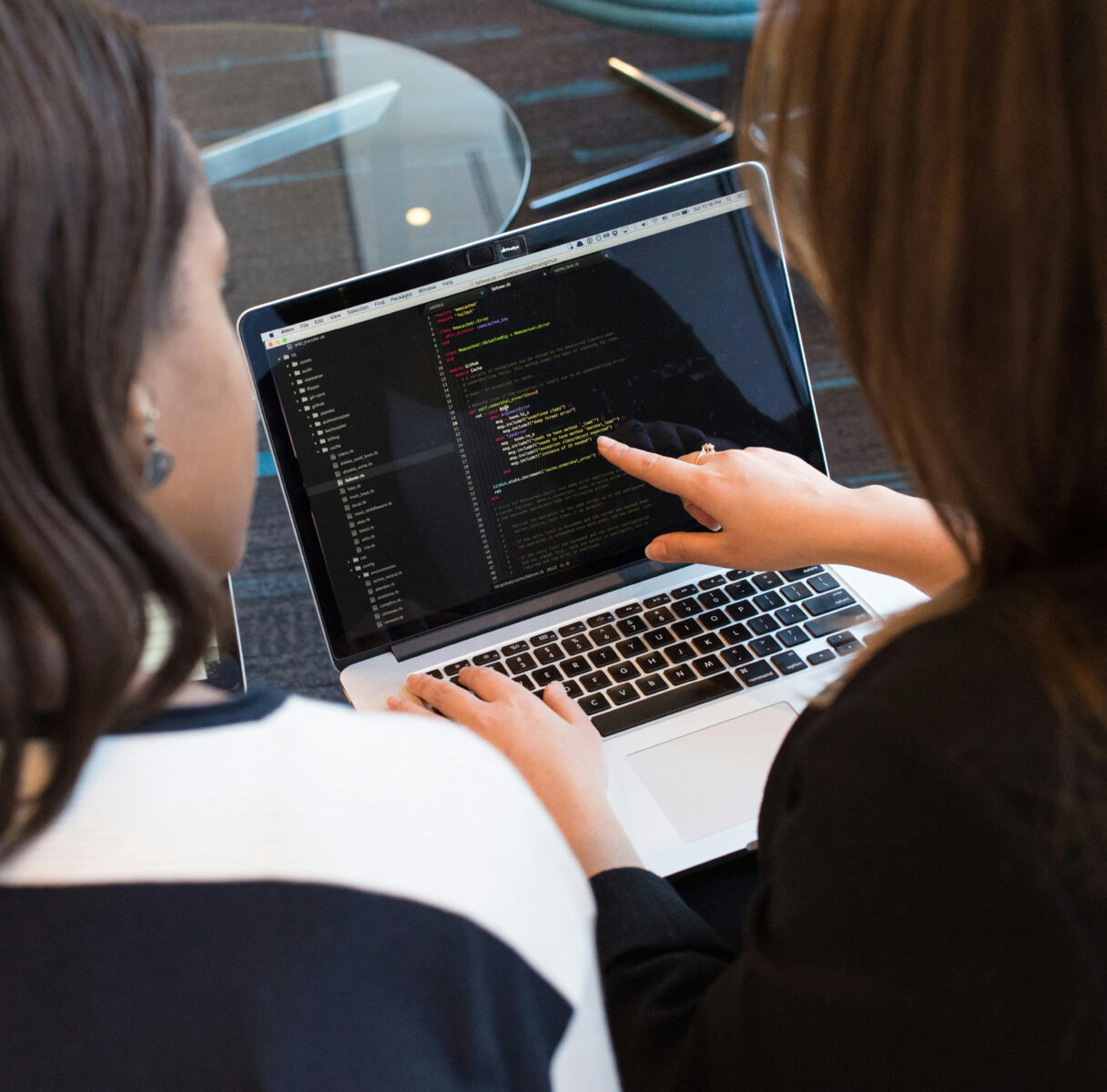
SAE’S BACHELOR OF COMPUTER SCIENCE OFFERS:

Computer Science Skills
Our computer science degree allows you to specialise in one of four disciplines: Web Development, Software Engineering, Games Programming or Cyber Security. This enables you to make this degree your own, studying units that interest you most.
From a technical standpoint, you’ll master and apply advanced techniques and strategies using the latest industry-standard IDEs like JetBrains and Visual Studio, DevOps platforms like Git and Kubernetes, real-time technologies including Unity and Unreal Engine, and cloud computing platforms like Amazon Web Services (AWS) and Google Cloud Platform (GCP).
Absolutely! With the ever-evolving nature of technology, and its prevalence in the modern workforce, a computer science degree will ensure you’re well positioned for a range of career opportunities.
You’ll be able to apply your in-demand skills and knowledge across a variety of industries, including information technology services, healthcare, retail and eCommerce, telecommunications, education, or entertainment – just to name a few!
From software engineering and web development to games programming and cyber security, a career in computer science could take you in any number of directions.
With a Software Engineering specialisation, your day-to-day work could involve designing, developing, testing, and maintaining software applications. You could also find yourself managing databases and computer networks or designing systems to streamline processes.
As a web developer, you’ll specialise in front-end, back-end or full-stack development, honing your skills and areas of interest to build expertise in a particular set of technologies.
In Games Programming, you’ll write code that brings game mechanics, characters, and environments to life. You might specialise in graphics and rendering, integrating AI technologies into games, or developing applications for virtual reality (VR) and augmented reality (AR).
As a cyber security specialist, you’ll monitor networks and systems for suspicious activity, identify vulnerabilities through ‘ethical hacking’, and implement security measures to protect confidential data. You could also find yourself collecting and preserving evidence for legal proceedings, designing security strategies, or proactively researching cyber threats.
Whichever technology-driven avenue you choose to explore, there’s no denying that it will be an ever-evolving experience filled with continuous learning. You’ll push your creative and technical limits as you explore the realms of what’s possible.
You know what they say – nothing worth having comes easy! SAE degrees are designed to challenge your problem-solving skills, encourage your creativity and sharpen your technical skills. If you’re an analytical thinker who enjoys coming up with creative solutions to complex problems, you’ll enjoy studying computer science at SAE.





